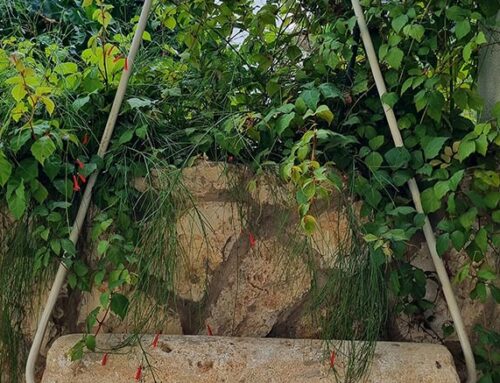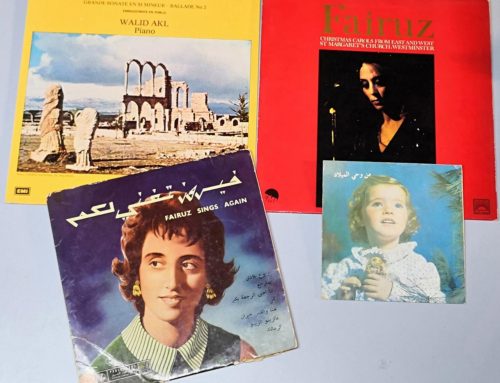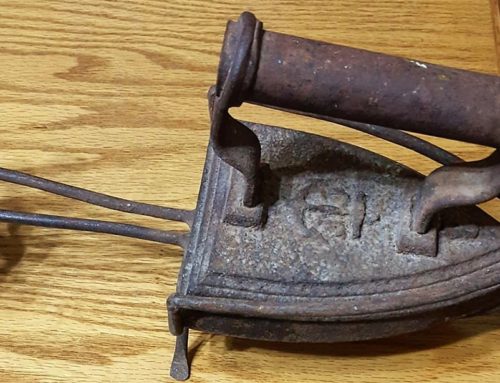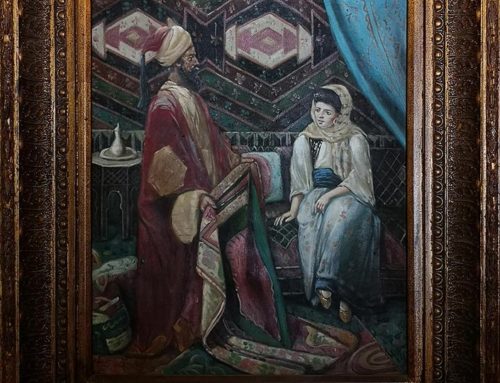The Lebanese Truth – Order the book
Contemplations and conversations
…Does Lebanon need – as we know it a piece of geography, a fragment of history – to climb one of the climaxes of time, and go the distances of earth and sky, attracting focused and bewildered looks, in the near or far horizons…Really, does Lebanon need that hard disturbing statue, to end up saying in secret and the wide open, «I am little, very little…geographically little, and historically little?» that word is not to be simply uttered, but it is to be shouted out. For Lebanon since its inception did not stand on the coast of this Mediterranean Sea, with its old and modern cultures, like the fisherman that got caught by the darkness before the sea gave him a single fish. No,… it is the story of a nation that was not bound by the small size of its geography nor did its history restrict or deny it from giving the world, during one of its periods, the perfect instrument of communication, the best rituals of worship, and straight methodologies of theory and practice. Maybe, its small size in the patch of territory and in the traffic of History was an incentive for the people, pushing them with unrelenting determination to satisfy their needs and ambitions.
This is how we saw Lebanon spreading through ships and cities, rising with gods and temples, and expanding in letters and thought… And from its holy woods it built its high reaching temples, and its far-reaching ships, as if it had out of its narrow area, and small size, a revenge with the distance, it will not settle until avenging – shortening the distances, combining the opposites and connecting matter to spirit, evenly.
The culture of a country, and the mission of a people, is not to be produced spontaneously, or legislated in noisy councils and congresses, or sensed in the imagination of a poet or developed in the intellect of a wise man, and then imposed on existence by force.
For life itself (and the History that tells its story) is nothing but an endless dialogue, between Man and Nature, and rarely does the being of flesh and blood get the last word in that dialogue… a dialogue that is gentle at times and harsh at others, overlapping or opposing, honest or bitter… like the sound of a bird singing or a rushing stream, like the clapping of waves or the echoing of thunder… it whispers like a breeze and explodes like a volcano.
Lebanon is the intersection of divergent roads, the battleground of competing nations, and the arena of overlapping cultures. There is no power on earth that can close its western coast, this wide gate open on the Mediterranean, open on civilizations or nations that gave it and took from it and then left it astray, a stranded oasis in the midst of the desert. Similarly, there is no power on earth that can detach Lebanon from this noble East, to which it has been connected since the beginning of history, or even before, through the tendons of kinship and language, traditions and myths, religions and cultures; and after which it was thrown as a floating island in the sea. Lebanon shall remain where it is and where it has always been, from nature and from history, a connecting point for the East and the West that meet in it. And if it was true that there will be a future, sooner or later, devoid of the effects of nationalism and its greed and conquest, and of the banning of thought – knowing what the lack in freedom of thought would generate in prejudice of all kinds; then, the Lebanese culture would be an ideal and the Lebanese mission would be the best, culture of coexistence, and mission of connectedness.
Maybe the most generous commodity that Lebanon exports is its sons to the four corners of the world, the builders of cities and ships, the darers but not risk-seekers, the knowledgeable by instinct and nurture, the conservative but not uptight, the liberals but not radicals, the distributors of the alphabet in the past and the embracers of the Arabic language in modern times, its successful bronzed sons, the bearers of the mission of education in the world. (February 1942)
Suspicion is not always a method of cleverness, despite the saying of the poet. That is especially the case if men, single or as a group, take their suspicion as an ideology from which they cannot divert, or a manner from which they cannot exist, under any circumstances. In that case, suspicion becomes a manifestation of bad intention. Truly, we cannot escape the supposition of bad intention in any «organized» suspicion, and we have to believe that the true intention is not to present or uncover the truth, but on the contrary to hide and distort it.
It is normal and probable for a person to be held accountable for what he says or does. But to associate a person with an opinion he did not state or an act he did not commit is abnormal and improbable. Fortunately, this happens only very rarely, or at a very low frequency, simply because it is abnormal and improbable at the same time. But what is popular with and between us, to the extent of becoming a «phenomenon» in our social life, is dealing with a person or a group based on what we fear – and sometimes what we like – them to intend even if they publicly pronounce the opposite. We say this in response to those who every time they hear or read the adjective «Lebanese» associated to «culture», «history» or «truth», they suspect this «normal» addition to us to be a rejection or an attempt of denying the effects of the Arabic culture and Arabic history on our culture or history, or of the Arabic truth in general… No, it is not on anyone’s mind here or there, to deny the strong connections that tie this Lebanese country to the rest of the Arab regions, material and spiritual connections, in the past and the present. And it is not on anyone’s mind, here or there, but to encourage every effort aiming at strengthening these connections in the future. And it is not on anyone’s mind, here or there, but to continue, with thought and deed, to enhance the national awareness and the national unity of which the Lebanese people have shown evidence more than once. The Lebanese may have many opinions on some issues such as the nature of relations between Lebanon on one side and the fraternal Arab nations and other countries on the other side. But there is no issue on which all the Lebanese agree – and thank God they are the great majority – and this is the preservation of the existence of this Lebanese nation, and the completion of the elements of its independence. This is done through first, strengthening the brotherly ties between all its citizens and sects, and second, establishing foreign relations that support independence and guarantee the interest of the people.
Since we are all together within this circle, there remains no issue or excuse for suspicion or caution – normal and artificial alike – neither here nor there.
Reassurance and mutual trust are good things and it is time for us to know them and get used to them (February 1944)
It has been claimed that truth has a bitter taste, the truth is neither bitter nor sweet. It has a special taste, it is the taste of the truth (no date).






